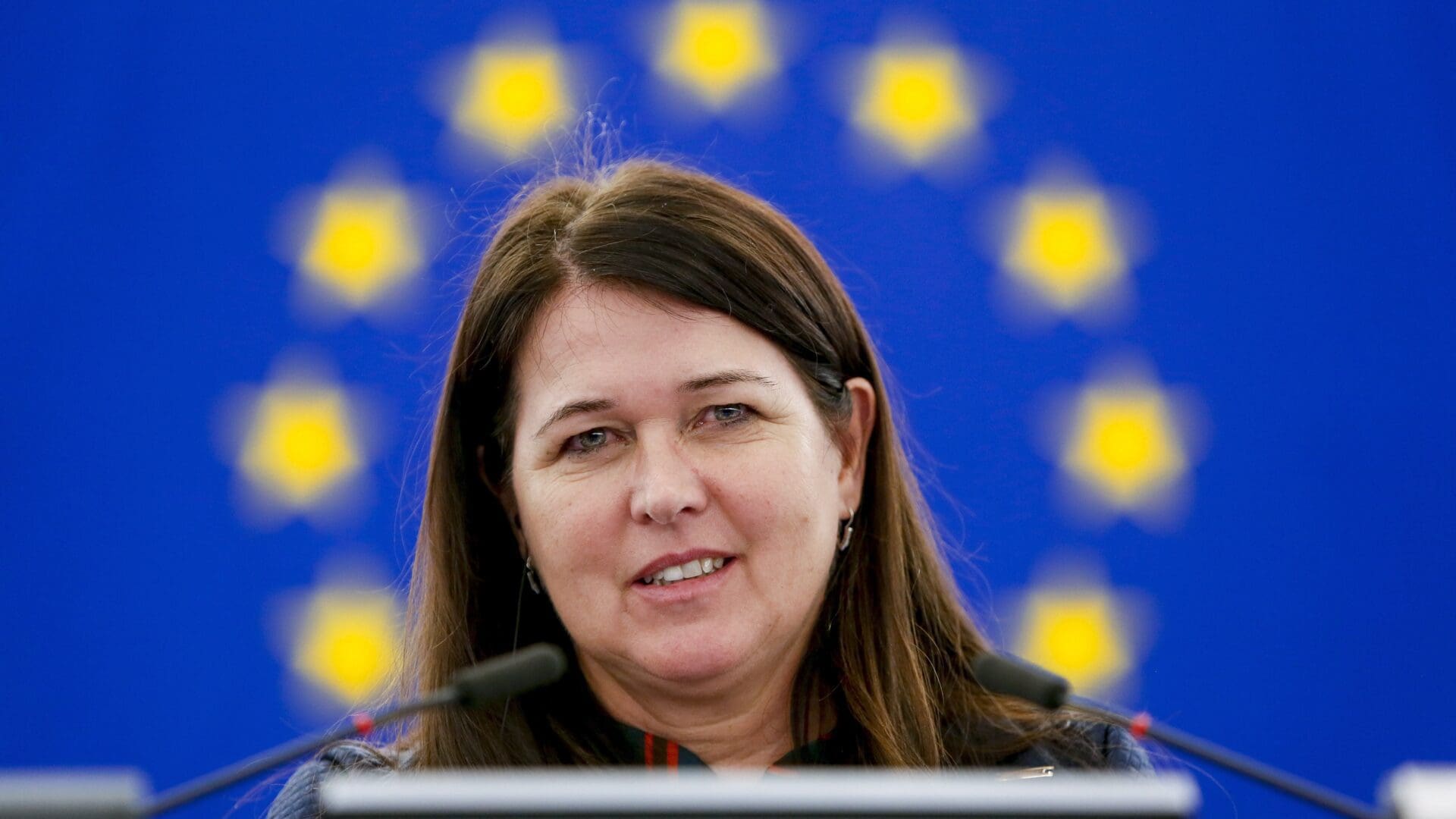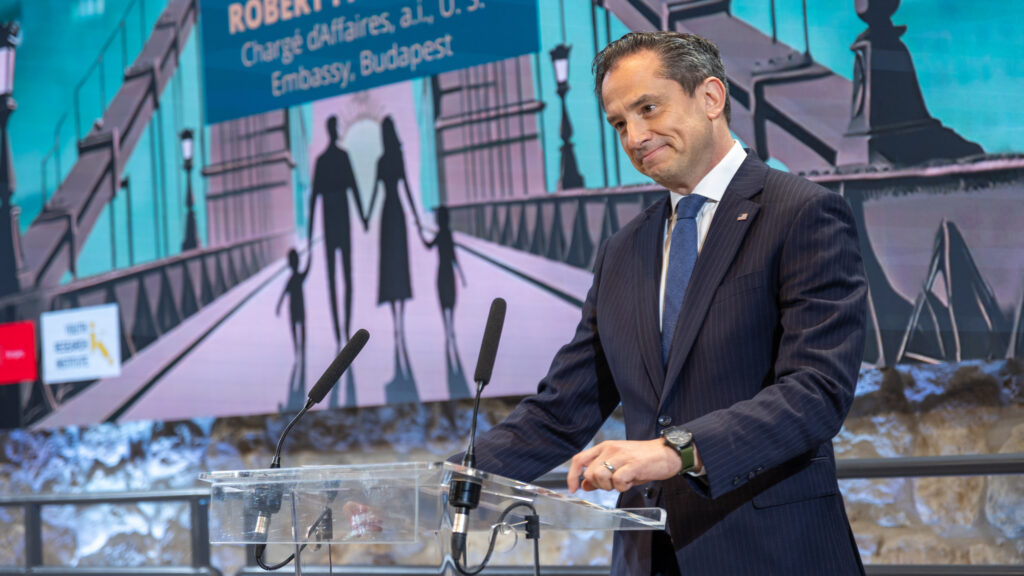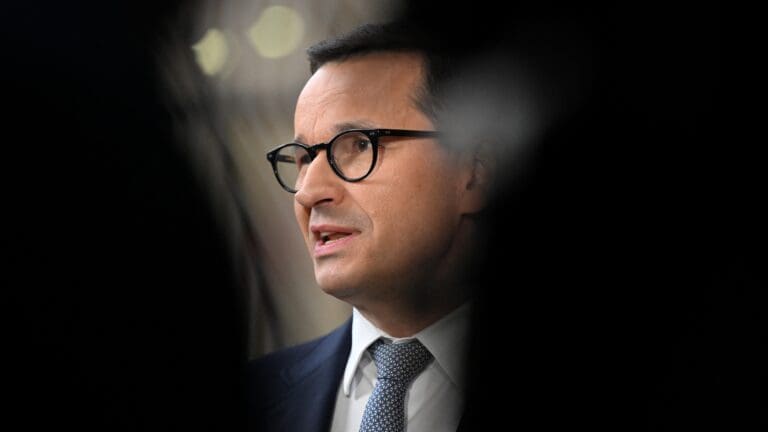Hungarian expert Ildikó Gáll-Pelcz has been sitting on the European Court of Auditors since 2017. As her mandate is expiring in August this year, the Hungarian Auditor General was renominated for the position by Hungary.
While in 2017 Gáll-Pelcz was supported by a large majority for the role, this year, her nomination was voted down by the European Parliament’s Committee on Budgetary Control (CONT).
The fact that the Committee did not confirm Gáll-Pelcz’s nomination after her hearing does not mean that the MEP will automatically lose her position on the EU audit office. The Committee only gives its opinion on the nomination, and the EP plenary session will also vote on the candidates, in fact, today, on Thursday, 1 June. The final decision will be made by the Council of the European Union.
The Court of Auditors of the EU
The European Court of Auditors is a European institution based in Luxembourg. It was established by the Treaty of Brussels in 1975, and began operation in 1977 to audit EU finances as well as to monitor the EU budget. Members of the Court are appointed by member states’ governments (one from each country) for a term of six years.
The Court does not have legal powers; it is rather an advisory and consultative body. Its number one role is to improve the European Commission’s management of the EU budget and to prepare reports on EU finances. It also reports suspected fraud, corruption or other illegal activity to the European Anti-Fraud Office (OLAF).
Gáll-Pelcz’s Career
Apparently, Ildikó Gáll-Pelcz herself was not surprised by her renomination’s rejection by the Committee. She has commented that albeit she emphasised a number of times during the hearing that she is not a member of any Hungarian party anymore and that she is an independent expert, the committee was sceptical of her position. Given the results, her arguments and pledge that she would objectively monitor the EU’s budgetary issues obviously did not manage to convince 13 members of the Committee.
While ever since her appointment to the Court of Auditors she has not been involved in a political party, Ildikó Gáll-Pelcz was a prominent member of Fidesz earlier. As a matter of fact, she had a distinguished political career in Hungary before leaving the party. She joined Fidesz in 2003, and between 2006 and 2010 she served as member of the Hungarian Parliament. In 2005 she was elected to be the vice president of Fidesz, while between 2009 and 2010 she was the Deputy Speaker of the National Assembly.
In 2010 her career turned towards the EU, as she replaced Pál Schmitt in the European Parliament after Schmitt was elected President of the Republic. Four years later she became one of the Vice-Presidents of the European Parliament, only leaving that position when in 2017 she became a member of the European Court of Auditors.
Gáll-Pelcz, a 61-year-old engineer and economist, a mother of three, has therefore proved that she is both a competent leader and also highly qualified for a seat on the European Court of Auditors. She was certified as an international tax expert in 2004. Her qualification as a chartered tax expert made her a suitable candidate for a role that is mostly related to EU taxation and auditing. She also worked as a university lecturer in Miskolc in related matters and has 55 academic publications. Since she left Fidesz, shehas not been involved in political parties or even party events.
The audits that Ildikó Gáll-Pelcz signed in her six years at the Court covered such issues as EU customs procedures, the quality of European statistics and intellectual property rights in EU trademarks.
Daniel Freund on Twitter: “‼️Hungarian nominee for the European Court of Auditors (Former Deputy Leader of Fidesz, Ildiko Gall-Pelcz) was just rejected by European Parliament Budgetary Control Committee. / Twitter”
‼️Hungarian nominee for the European Court of Auditors (Former Deputy Leader of Fidesz, Ildiko Gall-Pelcz) was just rejected by European Parliament Budgetary Control Committee.
Reactions to the CONT Vote
The Hungarian right saw a straightforward provocation in the rejection of Gáll-Pelcz’s nomination. The decision is viewed as politically motivated. On 25 May, Fidesz issued a statement in response, noting that the Hungarian expert suffered ‘a petty leftist political attack, adding that the leftist members of the body ‘voted against her clearly for political reasons and in disregard of all professional arguments.’
The extent to which the non-politician’s rejection was meant to send a message rather than based on objective reasons is demonstrated by the list of those who outright celebrated the CONT rejection of the nomination. Daniel Freund, a German Green MEP and frequent critic of Hungary was quick to post on Twitter the rejection of the Hungarian nominee. Freund himself is a member of the Committee, and he most likely to voted against Gáll-Pelcz. Sándor Rónai, a member of the left-wing DK and MEP since 2019 also jubilant after Pelczné’s rejection, claiming in a Facebook post that with the rejection, yet another of Orbán’s people have now failed in Brussels.
The systematic bias against Hungarian experts is also demonstrated by the fact that although only Ildikó Gáll-Pelcz was now ‘punished’ for having a past connection to a political party, she is not the only one in the Council who used to be a member of a political party. The Spanish member of the Council of Audit, Baudilio Tomé Muguruza was also a representative in his country’s Parliament as a member of the People’s Party. German Klaus-Heiner Lehne, who was the Council’s President until 2022, was also heavily involved in the Christian Democratic Union before joining the Council. The Finnish auditor, Hannu Takkula also has his political connections to the Finnish Centre Party, and so do some other auditors from other countries. Picking on the Hungarian auditor’s former political affiliation is discriminatory and clearly politically motivated, with all the other auditors with similar political connections going unnoticed.








